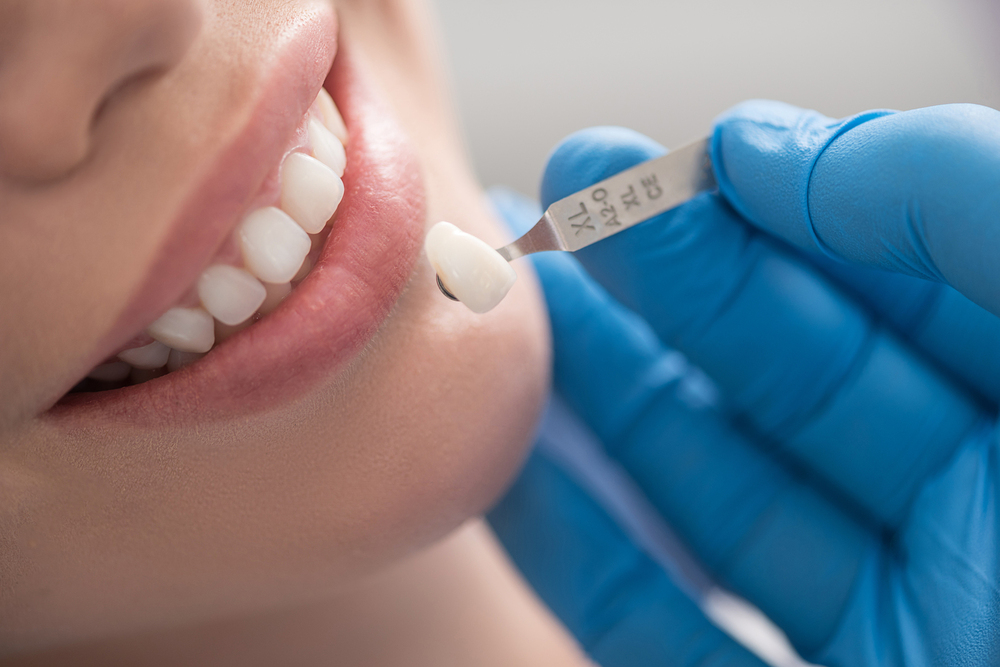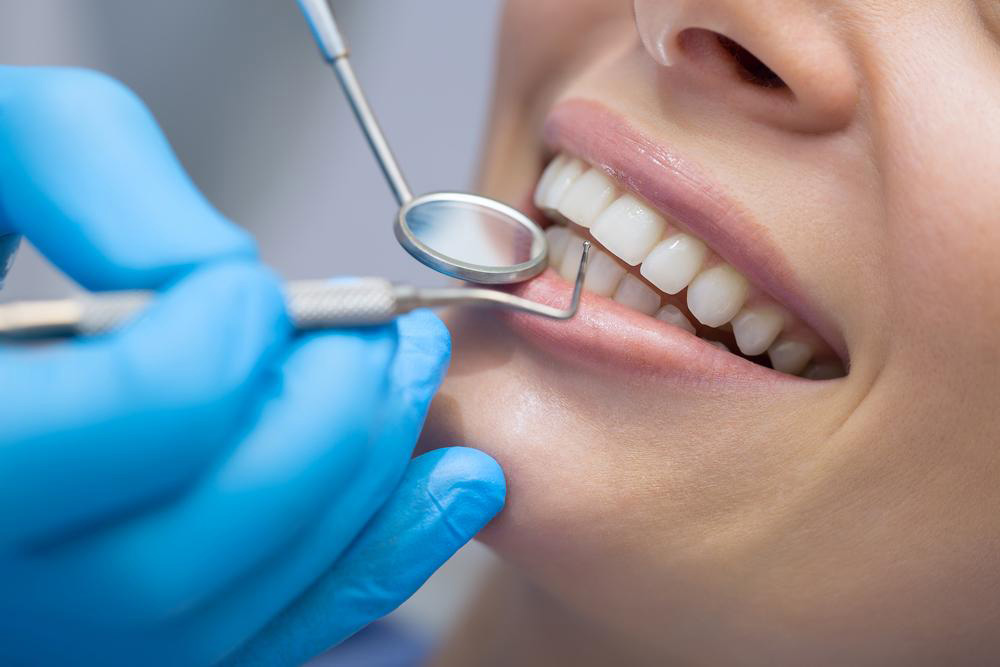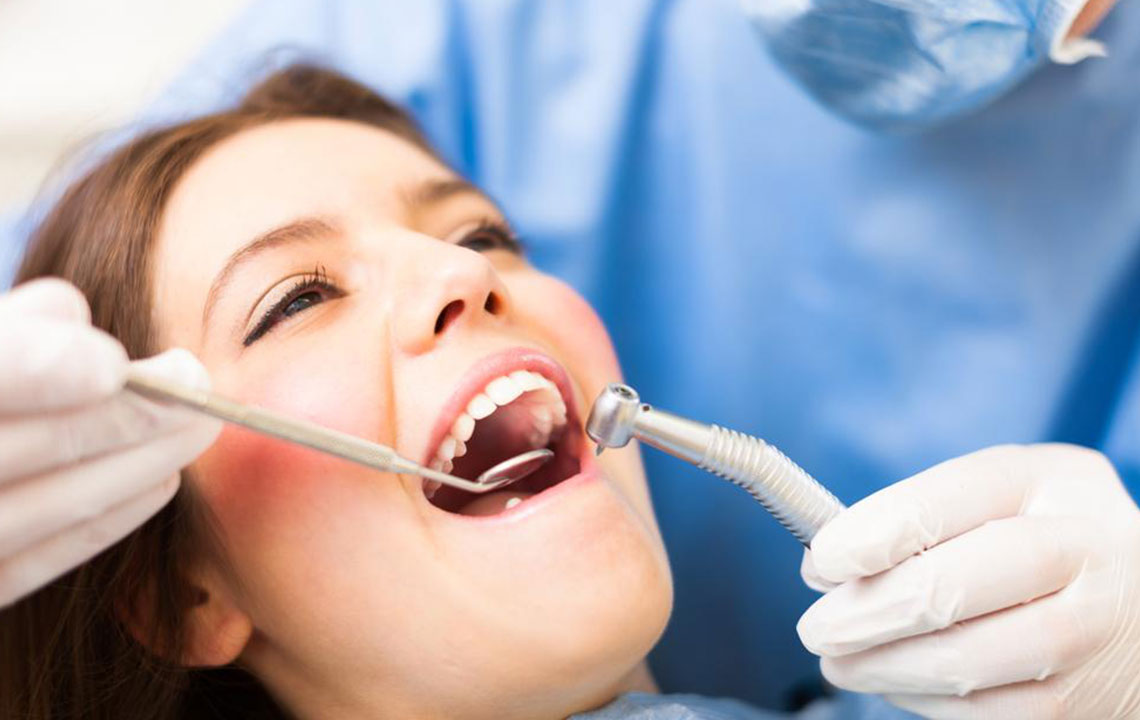When and Why to Choose Dental Crowns
Explore when dental crowns are necessary, their benefits, costs, and how they can restore both function and appearance of damaged teeth. Learn about different types of crowns and why investing in quality treatment ensures long-term oral health. Perfect for those considering restorative dental procedures or cosmetic enhancements, this guide helps you make informed decisions for a healthier smile.

When and Why to Choose Dental Crowns
Dental crowns are protective caps placed over damaged or decayed teeth to restore their shape, size, and functionality. They are made from materials like metal, ceramic, porcelain, or resin. You might need a crown if your tooth is fractured, extensively decayed, or after large fillings that weaken the tooth structure. Crowns help prevent further damage, improve appearance, and preserve the natural tooth. They are an excellent solution for both functional repairs and cosmetic enhancements, lasting up to three decades with proper care.
Common reasons for considering dental crowns include:
Broken or cracked teeth: Crowns provide immediate support and prevent infections after trauma or fractures.
Severe decay: Crowns contain and shield compromised teeth, preventing further deterioration.
Large fillings: When fillings are extensive and weaken the tooth, crowns offer added strength and aesthetic reliability.
Advantages of Dental Crowns
Relatively straightforward procedure: Unlike more invasive treatments, crown placement is simple and minimally invasive, ensuring comfort and efficiency.
Restores appearance: Crowns effectively conceal discoloration, chips, cracks, and deformities, enhancing your smile’s look.
Long-lasting durability: Made from tough materials, crowns can withstand biting and chewing forces for years—up to 30 with proper care.
Protects damaged teeth: Crowns reinforce fragile or fractured teeth, preventing further damage and saving natural teeth whenever possible.
Preserves dead teeth: Following root canal therapy, crowns prevent the tooth from disintegrating, maintaining oral function.
Cost considerations
The price of a dental crown depends on factors like material type, the complexity of the case, and practitioner fees. Budget-friendly options typically involve stainless steel or metal crowns, costing around $200–$300. Premium crowns, such as porcelain-fused-to-metal (PFM) types, range from $700 to $1,000, offering better aesthetics and strength. It’s important to consider the quality and longevity of the crown rather than solely focusing on initial costs. Investing in a high-quality crown ensures durability, better functionality, and saves you from future expenses due to replacements or repairs.
Choosing the right crown involves balancing costs and benefits. While cheaper options may seem attractive initially, they might result in inferior results that require additional treatment. Prioritize quality to get lasting, effective results that protect your dental health over the long term.










